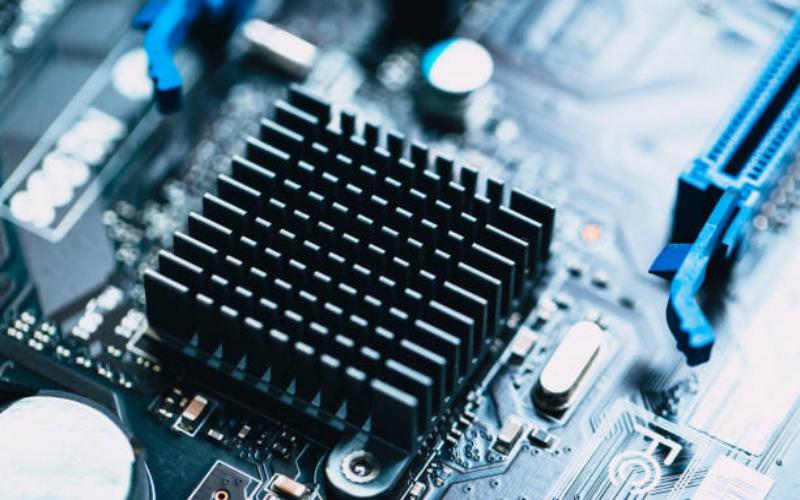How to Choose An Air-cooled Heat Sink: A Comprehensive Guide
Choosing the right air-cooled heat sink for your electronic devices is crucial to ensure optimal performance and prevent overheating. With so many options available in the market, it can be overwhelming to make the right choice. In this article, we will provide you with a comprehensive guide on how to choose an air-cooled heat sink that suits your needs and requirements.
1. Understanding the Importance of Air-cooled Heat Sinks
Air-cooled heat sinks are devices designed to dissipate heat generated by electronic components. They are crucial in preventing overheating, which can lead to malfunctions, reduced lifespan, and even complete failure of electronic devices. By efficiently transferring heat from the source to the surrounding environment, air-cooled heat sinks help maintain the temperature within safe limits.
2. Assessing Thermal Requirements
Before selecting an air-cooled heat sink, it is essential to assess your thermal requirements. Consider factors such as the maximum operating temperature of your electronic device, the amount of heat it generates, and the desired temperature range for its optimal performance. This information will help you determine the cooling capacity needed from the heat sink.
3. Understanding Thermal Resistance
Thermal resistance is a crucial parameter to consider when choosing an air-cooled heat sink. It measures the heat sink's ability to transfer heat from the source to the surrounding environment. Lower thermal resistance ensures better heat dissipation. Look for heat sinks with lower thermal resistance values for efficient cooling.
4. Evaluating Size and Form Factor
The size and form factor of the heat sink play a significant role in its effectiveness. Consider the available space within your electronic device and choose a heat sink that fits appropriately. Additionally, assess the airflow within the device to ensure that the heat sink does not obstruct or restrict the movement of air.
5. Material Selection
The material used in the construction of the heat sink affects its thermal conductivity and overall performance. Aluminum and copper are commonly used materials due to their excellent thermal properties. Aluminum heat sinks are lightweight and cost-effective, while copper heat sinks offer superior thermal conductivity. Consider your specific requirements and budget when selecting the material.
6. Fin Design and Surface Area
The design and surface area of the heat sink's fins significantly impact its cooling efficiency. Fins increase the heat sink's surface area, allowing for better heat dissipation. Look for heat sinks with well-designed fins that maximize the surface area and promote efficient airflow. Fin spacing and thickness can also affect performance, so choose accordingly.
7. Assessing Airflow Requirements
Understanding the airflow requirements of your electronic device is crucial when selecting an air-cooled heat sink. Consider the available airflow within the device and choose a heat sink that complements it. If necessary, you may need to incorporate additional cooling mechanisms such as fans or blowers to enhance airflow and improve heat dissipation.
8. Noise Considerations
Some air-cooled heat sinks may generate noise due to the movement of air or the inclusion of fans. Consider the noise limitations of your application, especially if it is in a noise-sensitive environment. Opt for heat sinks with lower noise levels or explore passive cooling options if noise reduction is a priority.
9. Budget and Cost Effectiveness
While choosing an air-cooled heat sink, it is essential to consider your budget and cost-effectiveness. Evaluate the performance and features offered by different heat sinks and compare them with their price. Look for options that provide the required cooling capacity without exceeding your budget.
10. Seeking Expert Advice
If you are unsure about the best air-cooled heat sink for your specific application, it is always beneficial to seek expert advice. Consult with professionals or heat sink manufacturers who can provide valuable insights and recommendations based on your requirements.

